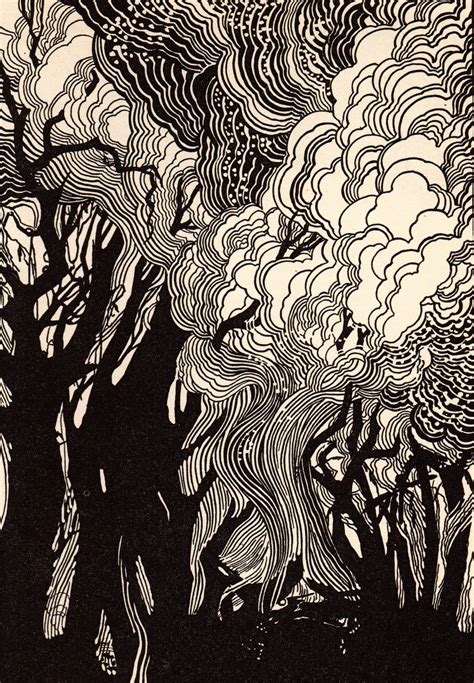A Quote by Edward Gibbon
At that time the archiepiscopal throne of Alexandria was filled by Theophilus, the perpetual enemy of peace and virtue; a bold, bad man, whose hands were alternately polluted with gold and with blood.
Related Quotes
The archiepiscopal throne of Macedonius, which had been polluted with so much Christian blood, was successively filled by Eudoxus and Damophilus. Their diocese enjoyed a free importation of vice and error from every province of the empire; the eager pursuit of religious controversy afforded a new occupation to the busy idleness of the metropolis: and we may credit the assertion of an intelligent observer, who describes, with some pleasantry, the effects of their loquacious zeal.
My treasure chest is filled with gold.
Gold . . . gold . . . gold . . .
Vagabond's gold and drifter's gold . . .
Worthless, priceless, dreamer's gold . . .
Gold of the sunset . . . gold of the dawn . . .Gold of the showertrees on my lawn . . .
Poet's gold and artist's gold . . .
Gold that can not be bought or sold -
Gold.
But tell me: how did gold get to be the highest value? Because it is uncommon and useless and gleaming and gentle in its brilliance; it always gives itself. Only as an image of the highest virtue did gold get to be the highest value. The giver's glance gleams like gold. A golden brilliance concludes peace between the moon and the sun. Uncommon is the highest virtue and useless, it is gleaming and gentle in its brilliance: a gift-giving virtue is the highest virtue.
I remember once walking out hand in hand with a boy I knew, and it was summer, and suddenly before us was a field of gold. Gold as far as you could see. We knew we'd be rich forever. We filled our pockets and our hair. We were rolled in gold. We ran through the field laughing and our legs and feet were coated in yellow dust, so that we were like golden statues or golden gods. He kissed my feet, the boy I was with, and when he smiled, he had a gold tooth. It was only a field of buttercups, but we were young.
I just want to say one thing about the '70s. Enough with this purer, "It was a better time," business. Every time is about as polluted and needy and beautiful as most other times. I was around in the '70s, and people were just as ambitious and envious and filled with need and desire as they are today.






































